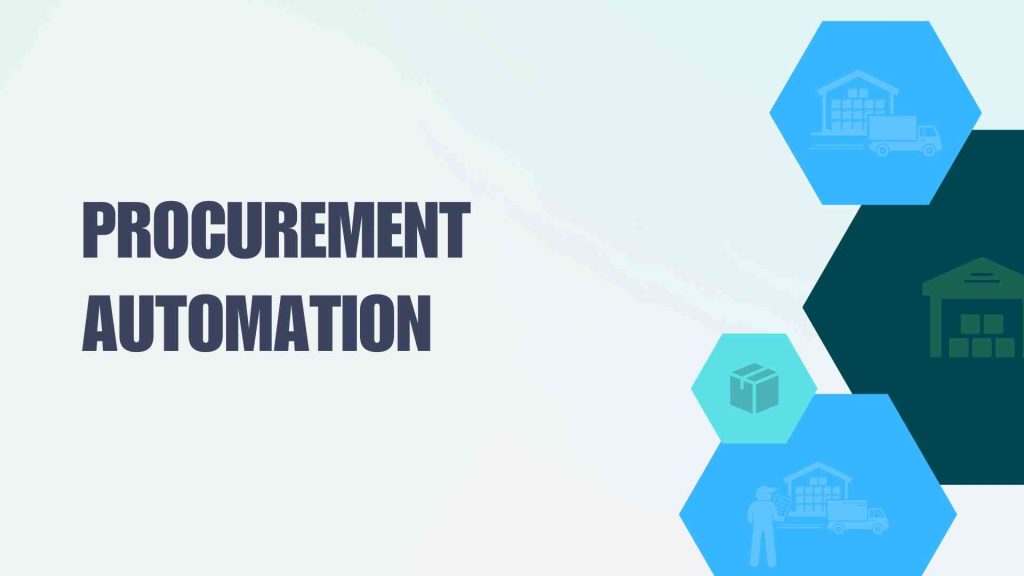Procurement Automation is the process of acquiring goods, services, or works from external sources to meet the needs of an organization. It involves identifying the required items, finding suitable suppliers, negotiating contracts, making purchases, and managing supplier relationships. Effective procurement is crucial for ensuring the smooth functioning of an organization and can significantly impact its overall performance and profitability.
Challenges in procurement processing:
- Supplier performance evaluation and management
- Addressing issues related to procurement fraud and corruption
- Forecasting demand and inventory management
- Balancing cost reduction with quality assurance
- Handling global sourcing and international logistics
- Dealing with supply shortages and disruptions
- Maintaining sustainable and ethical procurement practices
- Implementing effective contract management strategies
- Addressing challenges in supplier relationship management
- Adapting to changing market dynamics and pricing fluctuations
- Streamlining the approval process for purchase requisitions and orders.
ERP Procurement Module
An ERP system is a software suite that integrates various business processes and functions across an organization into a unified system. The ERP Procurement module is a specific component within the ERP system that focuses on managing the procurement process. It streamlines and automates various procurement-related tasks, providing a centralized platform for handling all purchasing activities.
Key features of an ERP Procurement module typically include
Supplier Management: Maintaining a database of approved suppliers, managing supplier profiles, and evaluating their performance.
Purchase Requisitions: Handling purchase requisitions raised by different departments within the organization.
Purchase Orders: Creating, caring for, and tracking purchase orders sent to suppliers.
Inventory Management: Integrating procurement with inventory control ensures the proper stock levels are maintained.
Contract Management: Storing and managing supplier contracts, ensuring compliance, and tracking contract expiration dates.
Purchase Invoice Processing: Automating the verification and processing of supplier invoices.
Procurement Analytics: Providing data and insights related to procurement performance and expenditure.
Procurement automation uses technology and software to streamline and optimize the procurement process. By automating manual tasks, organizations can reduce errors, save time, improve efficiency, and make more informed decisions. Procurement automation can be achieved by implementing software solutions or integrating the procurement module within an ERP system.
Benefits of ERP Procurement Automation
- Cost Savings: Automation can save costs by reducing manual errors, eliminating paper-based processes, and optimizing purchasing decisions based on real-time data.
- Increased Efficiency: Automation speeds up the procurement cycle, reducing the time required to complete tasks such as purchase requisitions, approvals, and order processing.
- Improved Accuracy: Automated systems reduce the risk of human error, ensuring that orders are placed correctly and invoices are processed accurately.
- Enhanced Supplier Management: Automation facilitates better supplier management by providing insights into supplier performance. And enabling better negotiations and contract management.
- Better Decision Making: Access to real-time data and analytics empowers organizations to make more informed and data-driven procurement decisions.
- Regulatory Compliance: Automated systems can help ensure compliance with procurement policies, industry regulations, and contract terms.
- Streamlined Procurement Process: By centralizing procurement activities, automation simplifies the procurement process, making it more organized and manageable.
- Increased Productivity: With manual tasks automated, procurement professionals can focus on strategic activities and value-added tasks, enhancing overall productivity.
Overall, ERP procurement automation can be a powerful tool for organizations seeking to optimize their procurement processes. And drive efficiency and cost-effectiveness throughout the supply chain. Procurement automation can significantly improve your ERP process by streamlining and optimizing various procurement-related tasks.
Implementing the Acumatica ERP system can revolutionize your procurement process & deliver tangible benefits such as improved efficiency, cost savings, enhanced accuracy, and better decision-making capabilities. By embracing technology-driven procurement practices, organizations can stay competitive in the fast-paced business landscape. And optimize their supply chain operations for sustained growth and success. Contact us for a customized ERP.

Vijay comes with a vast experience in ERP and enterprise solutions space with about 20 years of experience in various packaged application like Acumatica, SAP, Orion, Salesforce.com, SugarCRM and, SalesLogix.

